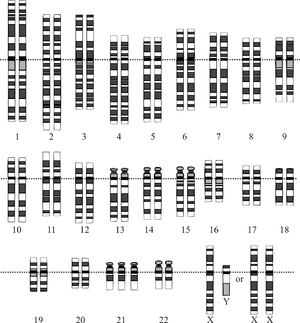Reproductive rights


Reproductive rights are the rights and freedoms of individuals to have reproductive health and decide whether to reproduce and how to go about that.
The National Academies of Sciences, Engineering, and Medicine - March 2017 - Human Genome Editing: Science, Ethics, and Governance[править]
Human genome editing holds great promise for treating or preventing many devastating genetic diseases and for improving understanding of many others. Powerful, precise, and less costly new genome editing technologies such as CRISPR and TALENs have led to an explosion of new avenues of research and potential clinical applications. However, the possibility of editing the human genome -- particularly “germline editing” or making changes to genetic material that can be passed down to future generations – raises a host of ethical and societal concerns. A new report by the National Academy of Sciences and the National Academy of Medicine says clinical trials for heritable genome editing could be permitted in the future, but only for serious conditions under stringent oversight. [1]
External links[править]
- La Tribune November 2018 - China gives birth to genetically modified babies
- Why reproductive justice is essential to understanding gene editing
- Preimplantation Genetic Diagnosis
- The Embryo Project at Arizona State University
 Reproductive rights on Wikipedia
Reproductive rights on Wikipedia